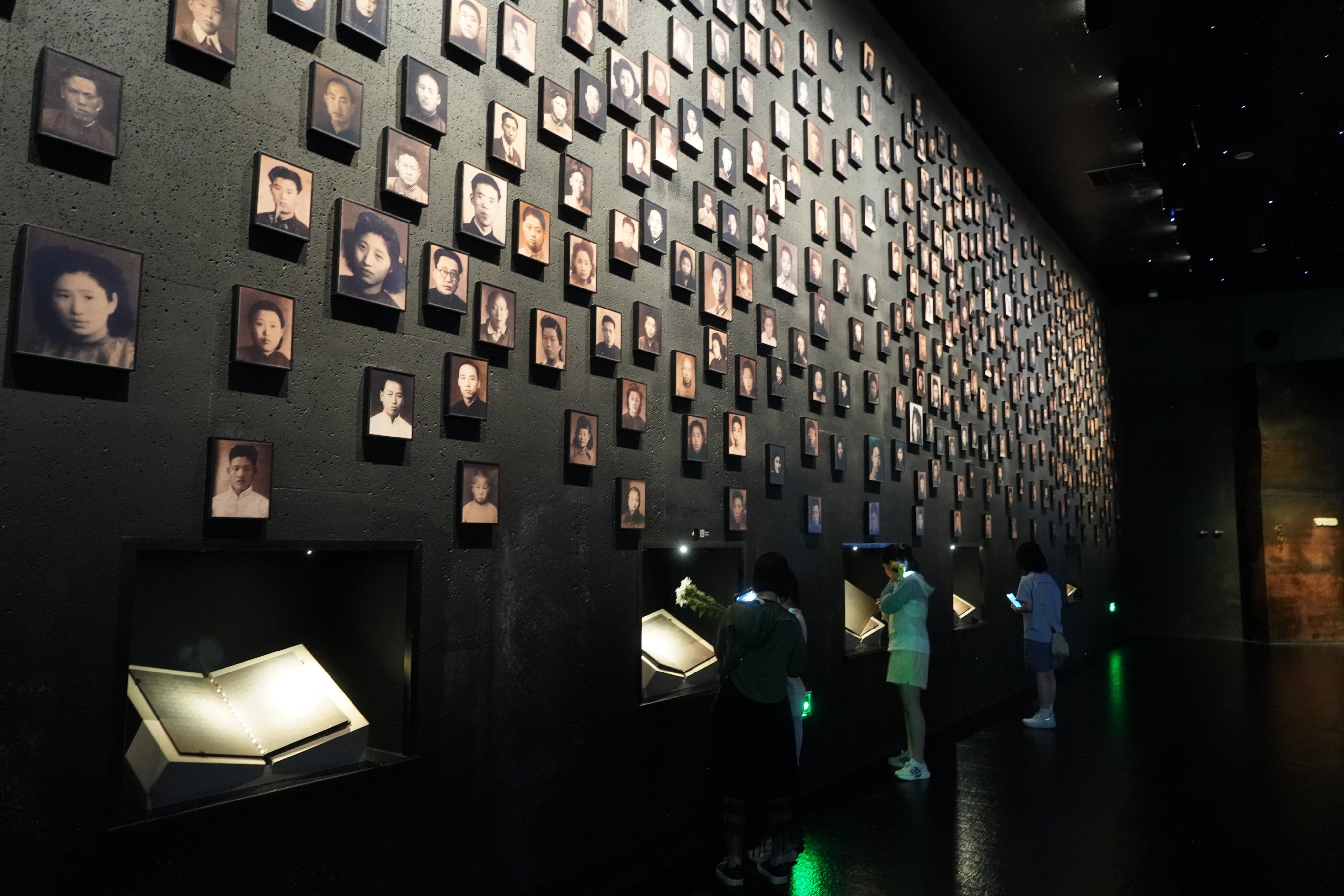Why Nanking massacre remains such a powerful Chinese cultural symbol
China’s remembrance of Japan’s war atrocities is not about nationalism or grudges, but a solemn vow to never forget or take peace for granted

This summer, two Chinese films – Dead To Rights and 731 – have stirred strong public reactions. Focusing on some of the darkest chapters of World War II in Asia, these films revisit the horrors of the Nanking massacre and the atrocities of Japan’s Unit 731, which conducted biological experiments on civilians in northeastern China.
The films have triggered a wave of reflection, especially among younger audiences. Many are watching depictions of these wartime events for the first time, discovering a legacy of trauma that still shapes Chinese national identity – and foreign policy.
The timing is significant. This year marks the 80th anniversary of China’s victory in the War of Resistance Against Japanese Aggression, which began in 1931 and left more than 35 million Chinese dead. The Nanking massacre started in December 1937, when Japanese troops occupied the then capital and killed over 300,000.
I remember first learning about it in a history textbook. The shock, for a teenager, was beyond words. Just looking at the pictures was excruciating. There are things one never wants to see again, even as the images never leave you. I have not yet prepared myself to step into the cinema – not because I forget, but because I remember all too well.
For many Chinese, it is more than a tragic chapter in history – it is a moral wound, never properly acknowledged or atoned for by the Japanese government.
Top Japanese politicians continue to pay tribute at Yasukuni Shrine, where Class-A war criminals are enshrined alongside Japan’s war dead. Official apologies, when they come, are often vague and quickly undermined by revisionist rhetoric. For Chinese citizens, the lack of sincere contrition is not just diplomatically offensive, it feels like a betrayal of the truth.
This is why the Nanking massacre remains such a powerful cultural symbol. It is not just about the pain of the past, but also about historical justice. It is about remembering what was done so it does not happen again. It is a refusal to let historical crimes be buried under political convenience.
As a Confucian saying puts it, not correcting an error is a true error. When a nation fails to confront its past, it forfeits moral credibility in the present.
In Chinese culture, history is not a static record – it is a living compass, essential to moral governance, national dignity and the preservation of peace. The idea that by using history as a mirror, one can understand the rise and fall of nations, dates back centuries. It is deeply embedded in the Chinese world view that past suffering must serve as a warning for future generations.
President Xi Jinping echoed this belief at the 2014 memorial for Nanking massacre victims. He said history was not to be forgotten, distorted or denied. While hate should not be heaped upon a people for what a small minority had done, he said, no one should ever forget the serious war crimes committed. The memorial, he emphasised, was not to fan hatred but to reaffirm our commitment to peace.
This message – rooted in remembrance, aimed at reconciliation – is at the heart of China’s approach to its memories of war. For China, peace is not an abstract ideal. It is a hard-earned achievement, forged in suffering.
The war against the Japanese left deep wounds. But it also brought about the birth of a new, modern China. Victory in 1945 ended China’s “century of humiliation”, a period of colonisation and invasion. It gave the Chinese people a renewed sense of purpose and unity. And it laid the foundation for a nation determined never again to be subjugated.
Unhandled type: inline-plus-widget {“type”:”inline-plus-widget”}
This is why China commemorates that victory with solemnity. Monuments, museums, schools and now the cinema all serve the same purpose: to ensure younger generations understand the cost of peace and the value of national dignity.
For China, remembrance is not about keeping grudges. It is about protecting truth from erasure. It is about building a future on the foundations of justice, not denial.
Xi himself has frequently connected historical remembrance with China’s global vision of peace and development. In 2015, at a commemoration of the 70th anniversary of the end of the second world war, he said: “We Chinese love peace. No matter how much stronger it may become, China will never seek hegemony or expansion.” He also said: “We must learn the lessons of history and dedicate ourselves to peace.”
This is no empty slogan. It reflects China’s strategic orientation as a power that – because of its painful past – holds peace as a sacred principle. It is not merely self-reflection; it is a call for global historical accountability, a reminder that peace requires more than treaties – it requires truth. And that truth begins by acknowledging suffering, confronting injustice and rejecting whitewashing.
As the world faces new conflicts and crises, the Chinese experience teaches us that peace is not inevitable. It must be earned and protected. Films like Dead To Rights are part of that effort. They remind the young why history matters. They educate, awaken and mourn. And they ask difficult questions that remain unanswered – especially of those who still refuse to reckon with the crimes of the past.
Amid growing geopolitical tension, China’s commitment to historical memory should not be misread as nationalism. It is, rather, a solemn promise: that what was suffered will not be forgotten, and that peace will not be taken for granted.
Peace begins with remembrance – and remembrance begins with the truth.